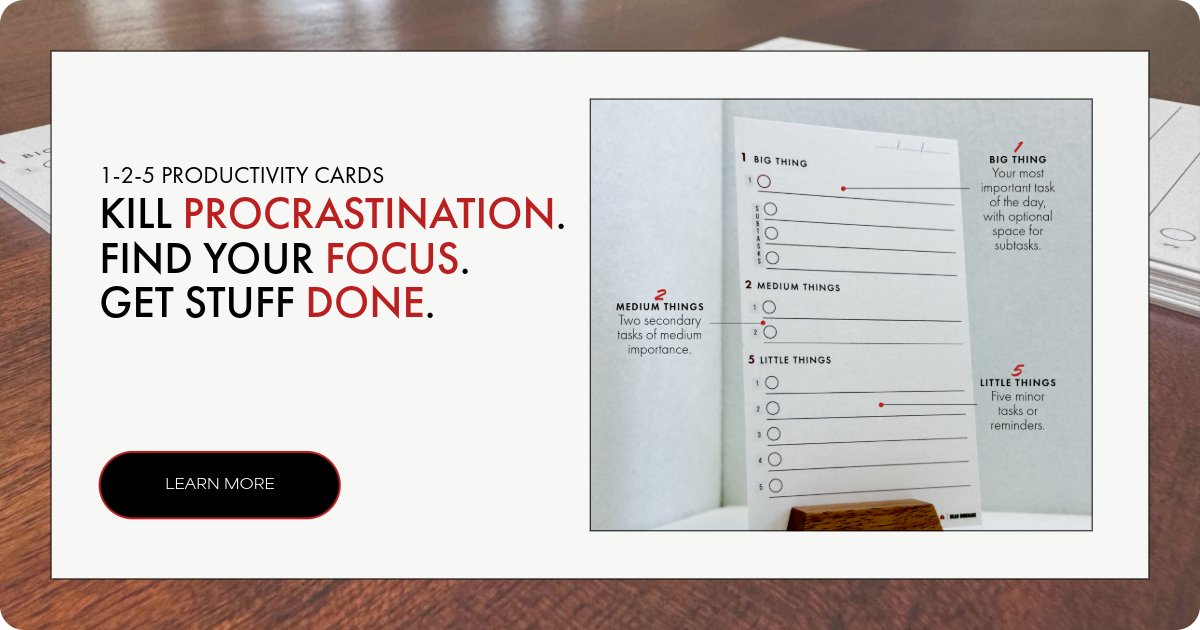How To Move Forward From A Traumatic Event
Collaborative Post
According to a recent study, “70% of adults will experience at least one traumatic event in their lifetime.” However, just as the type of trauma can vary, so can the way in which we respond to it. For example, some people may find it relatively easy to find a way forward after a negative experience, whereas others may ruminate over it for many months or years.
While this is a perfectly natural response to trauma, you must be aware of the various ways in which you can begin to move forward from this. After all, it's important that we do not let negative experiences define the trajectory of our lives or our capacity for joy.

Photo by Joice Kelly on Unsplash
With that in mind, here are some steps you can follow to move forward from a traumatic event, whether that be a roadside accident or the death of a loved one.
Honor Your Feelings.
Many people will try to bury their feelings when having a bad day, often viewing it as a way to cope with any negativity. However, this practice is not beneficial in any scenario, least of all when you’re trying to move on from something traumatic. After all, it means your feelings are not adequately addressed, meaning you’re not genuinely processing them or finding healthy ways to cope. Instead, you’re just allowing them to worsen, which can only lead to more trouble further down the line.
In short, knowing how to honor your feelings can help combat the snowball effect of negative thinking while also providing you with a much-needed sense of clarity. There are many different ways to begin to honor your emotions, starting by opening up to those around you so that you feel a little less alone.
Exploring Specialized Recovery Options.
In your journey to heal from trauma, it may be beneficial to consider environments specifically designed for intensive support. One such option is a luxury rehab facility tailored to those who need a serene and supportive environment to process traumatic experiences deeply. These facilities often provide a blend of traditional therapeutic methods and holistic approaches, such as mindfulness practices, yoga, and personalized nutrition plans. This comprehensive care can be particularly effective if you find that conventional therapy settings do not fully meet your needs or if you are looking for a more immersive recovery experience. Such a setting not only addresses the psychological impacts of trauma but also emphasizes overall well-being, helping you to restore balance in every aspect of your life.
Take Legal Action.
The consequences of traumatic events often extend beyond their emotional impact. Some scenarios can also land you in a difficult financial situation, especially if you’re dealing with a loss of income or medical bills. In these instances, further stressors, such as mourning bills, can also limit your ability to recover, as it means the situation impacts you for far longer than necessary.
As such, you should look into other ways in which you can protect yourself during this time, such as by taking legal action.
For example, if you are recovering from a car accident, then working with a car accident lawyer can help you move forward by ensuring you receive the appropriate compensation and support. This can help to cover the cost of any medical treatment, alongside car repairs and loss of income.
Talk About How You Are Feeling.
Talking about how you are feeling at each stage of your recovery can also help you to move on from trauma. Again, this is because verbalizing our thoughts (and emotions) helps us to better understand or make sense of them and provides us with the chance to build up our resilience or find new ways to cope - especially when opening up to others who may be able to offer advice. Beyond this, venting can be a great way to relieve stress and can make you feel less alone.
As such, it's important that you open up to someone you can trust during this time. This could be a friend, family member, or a mental health professional. If you need inpatient mental health facilities to help you sustain a better future, there is no shame in that, and it may even help you thrive once more. While speaking to a therapist may seem daunting, they can provide you with invaluable support during this time and are free from any judgement or preconceptions. This means you can discuss your every thought and feeling with them - negative or positive - without feeling as though you are being judged. Not only this, but they can also provide you with the skills and tools you need to process your feelings.
Don’t Rush The Process.
Nobody wants to sit with negative feelings and emotions for any period of time - which is why we often rush toward our idea of recovery, or bury any residual feelings that we struggle to work through. However, it's important to note that recovering from a traumatic event may take some time, and it is not a process that can be rushed.
Instead, you have to work your way through the process one step at a time. Recovery is also not linear, which sometimes means that feelings you thought you had left behind may crop up once again. When this happens, it can feel like you are taking a step backward, but this often isn’t the case. As such, you should be sure to always honor your feelings and put the coping mechanisms you’ve developed over time to good use when possible. For example, if you are dealing with the death of a loved one, then know you have options for coping. One idea is to look through the different cremation necklaces from Memorials.com and choose one that you will enjoy wearing. It’s a way to honor and remember your loved one now and in the future. It’s also a discreet way to bring you comfort and will help you throughout the grieving process.
You will feel better one day - even if that day is not right now. While this can be difficult to hear, it's important to remember that you’re on the right path, even if you can’t see the end of the road just yet.
Spend Time With Others.
Many of those going through tough times will isolate themselves from their friends, family, and loved ones. There are, again, many different reasons for this. Firstly, they may want to spend some time alone in order to work through difficult feelings or will avoid handing around others as they do not want them to pick up on their negative feelings and worry about them.
However, despite this reasoning, it is crucial that you spend time with others when recovering from a traumatic event. After all, spending time with those we care about is a scientifically proven way to better your mental health. Remember, you do not need to necessarily spend this time talking about the event, especially if you’re looking for a distraction over a solution. Furthermore, you don’t have to do anything other than simply sit and spend some time together!
As such, it's crucial that you do not isolate yourself during this time. While it's okay to spend some time alone, you should not be spending all of your time this way, even if you don’t feel as though you’ll be a lot of fun to hang out with during this time.
—End of collaborative post—
✨ New Series: How to Become an Early Riser
- Discover key methods to make early rising a habit
- How to wake up early + energized every morning
- Morning routines for health + success
Free self-development courses
👇
Tap on any of the courses below to start learning how to:
- boost your productivity (with GTD),
- get focused (with Deep Work),
- or learn the art of influencing others (with the How to Win Friends & Influence People course.)
All for free.
👇
Free life guides
👇
Best-selling Self-development courses by Dean Bokhari
Kill procrastination.
|
Get stuff done.
|
Get motivated.
|
Connect with anyone.
|
freshly pressed:
Top Audiobooks narrated by Dean Bokhari on audible | |
Book summaries
- The Power of Habit by Charles Duhigg
- 12 Rules for Life by Jordan B. Peterson
- Presence by Amy Cuddy
- Leaders Eat Last by Simon Sinek
- The ONE Thing by Gary Keller, Jay Pasan
- Deep Work by Cal Newport





































